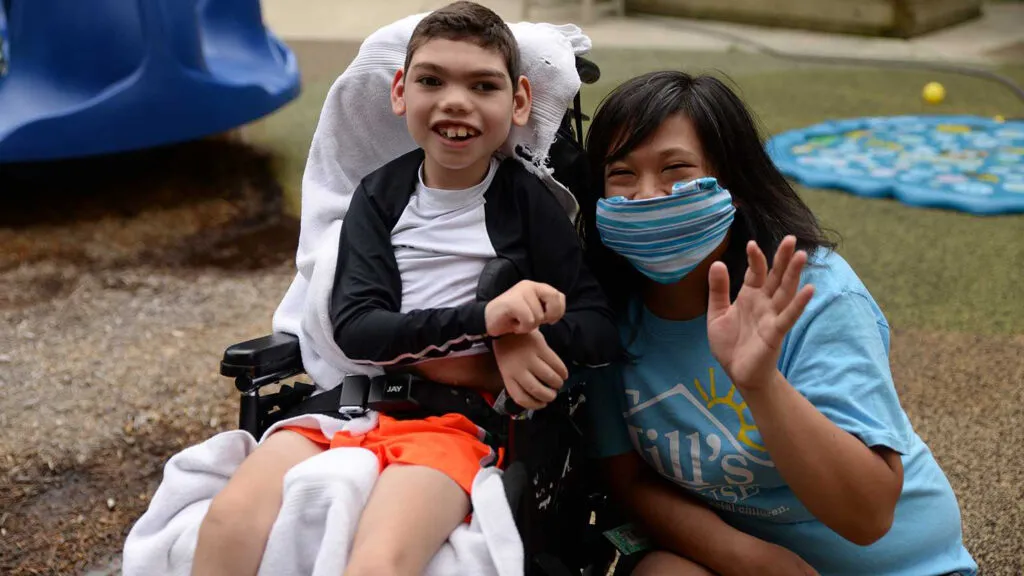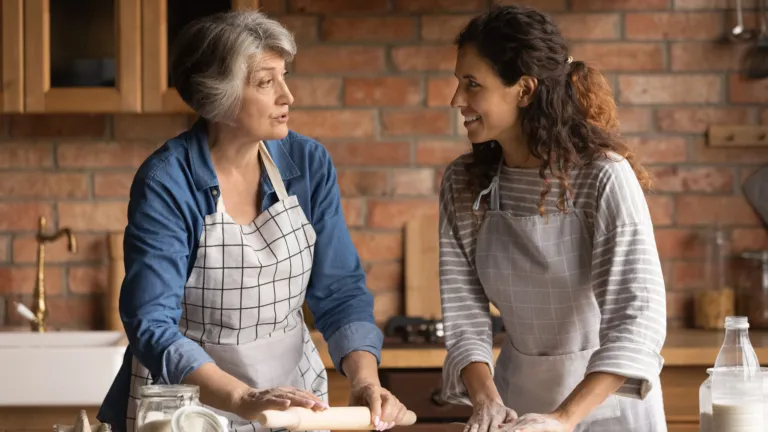Parenting can be a challenging role for anyone. Parenting a child with a disability, however, requires extra effort in time and resources; often leaving these caregivers with little to no time for themselves.
This is where Jill’s House—the Christian nonprofit based in Washington D.C.—comes in, empowering and supporting parents of kids with intellectual disabilities between the ages of 6 and 17 through breaks from their caregiving roles.
“That short-term respite care is the core of Jill’s House,” CEO Joel Dillon told Guideposts.org. “Parents get to sleep through the night, go on a date, give their other kids their undivided attention—precious gifts that many parents take for granted.”
Named after Jill Soloman—who at three months old, was diagnosed with Dravet syndrome, a severe type of epilepsy characterized by prolonged seizures—the organization acknowledges the financial and emotional stress that caring for a child with a disability could impose on a family.
Jill’s parents, Lon and Brenda Solomon, who founded the organization, were inspired to help families with kids with disabilities after receiving regular respite from their church during a time in which they struggled maintaining a happy home, while raising three boys and a daughter with a disability. After about a decade of planning and fundraising, the family opened the doors to Jill’s House in October 2010.

“Having a disability can be really isolating,” he said. “Kids who come to Jill’s House really develop in ways their parents hadn’t imagined. They develop socially, make friends and sort of come out of their shell more than they would at school.”
In addition to offering respite for parents, Jill’s House is committed to building a community in which families who experience similar situations can get to know each other and find support and acceptance. There are families, Dillon said, who met through Jill’s House and went on to become friends, planning play dates outside of the overnight respite center. Dillon also shared how joining the organization became a “turning point” for couples who were on the path to divorce, until Jill’s House offered them time to re-engage and re-connect.
Dillon’s goal for Jill’s House is to continue offering their services to families who need them and sharing their ideas and support to churches and organizations who are interested in becoming involved in their own way because “Jill’s House belongs to God, not us.” The organization is dedicated to building relationships with families over the long-term, serving them well into the kids’ young adult years.
“We’re happy to give away anything that we’ve learned over the years because the need is so great, we’re not going to be able to do this all by ourselves anyways,” he said. “We’re there for everybody and want to share the gospel in word and deed.”





